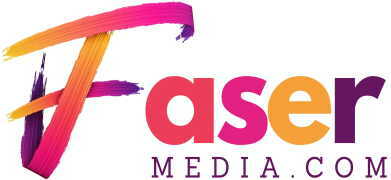Banking fees are a part of the banking industry, but they’re not all created equal. For example, some banks charge customers to make an ATM withdrawal while others do not. Some banks charge a fee for overdraft protection, while others do not. In this article, we will discuss how banking companies define their fees and what type of fee is considered an extra charge or expense.
What is a banking fee?
A banking fee is a charge or payment for goods or services. Banking fees are used to cover costs, and they’re usually charged by banks. For example, if you use your bank’s ATM machine and withdraw money from your account, you’ll pay a fee that covers the cost of providing that service. In this case, it’s easy to see how the banking fee would be considered an expense because it allows you to withdraw cash from your account without paying any interest on it (at least as long as it stays under $5).
Is Banking Fee an Extra Charge or Expense?
Banking fee is a service charge and an extra charge. Banking fees are the charges that you pay for your account, such as fees to use ATMs outside of your bank’s network or overdraw your account. However, some banking fees are actually considered expenses. For example, if you use checks in your day-to-day banking activities, using those checks is an expense because you’re purchasing them from the bank with each check written.
As per the experts at SoFi, “While they are considered an extra cost by consumers and businesses alike, they’re also a transaction charge because they occur during every transaction regardless of whether it was successful or not (which can be considered a service).”
How to avoid Bank fees?
To avoid these fees:
- Avoid overdraft fees by monitoring your account balance. If you don’t have enough money in your account, the transaction will be declined, and you won’t be charged an overdraft fee. You can also set up a line of credit with your bank to avoid overdrafts altogether.
- Avoid foreign transaction fees by using a credit card instead of withdrawing cash when traveling abroad or ordering something online from another country. Credit cards offer better exchange rates than banks, so there’s no need to worry about getting dinged with this additional charge!
- Avoid ATM fees by researching where the nearest ATMs are prior to going on vacation or business trips so that they’re accessible when needed (and not too far away). Also, keep in mind that some banks charge their own ATM usage charges on top of what’s charged by the machine itself; this is why it pays off not having too much cash on hand!
Apart from these, you can also look for platforms that allow you to open and use a bank account with no monthly fee.
So, is the banking fee an extra charge or expense? Well, it’s both. The fee is an extra charge if you don’t use your bank account to make transactions during a certain time period (typically 30 days). At the same time, it’s also an expense because it comes out of your own pocket every month. In other words, you have to pay for what you get out of using this service as well as what they offer in return – like convenience!
Author : Amelia
